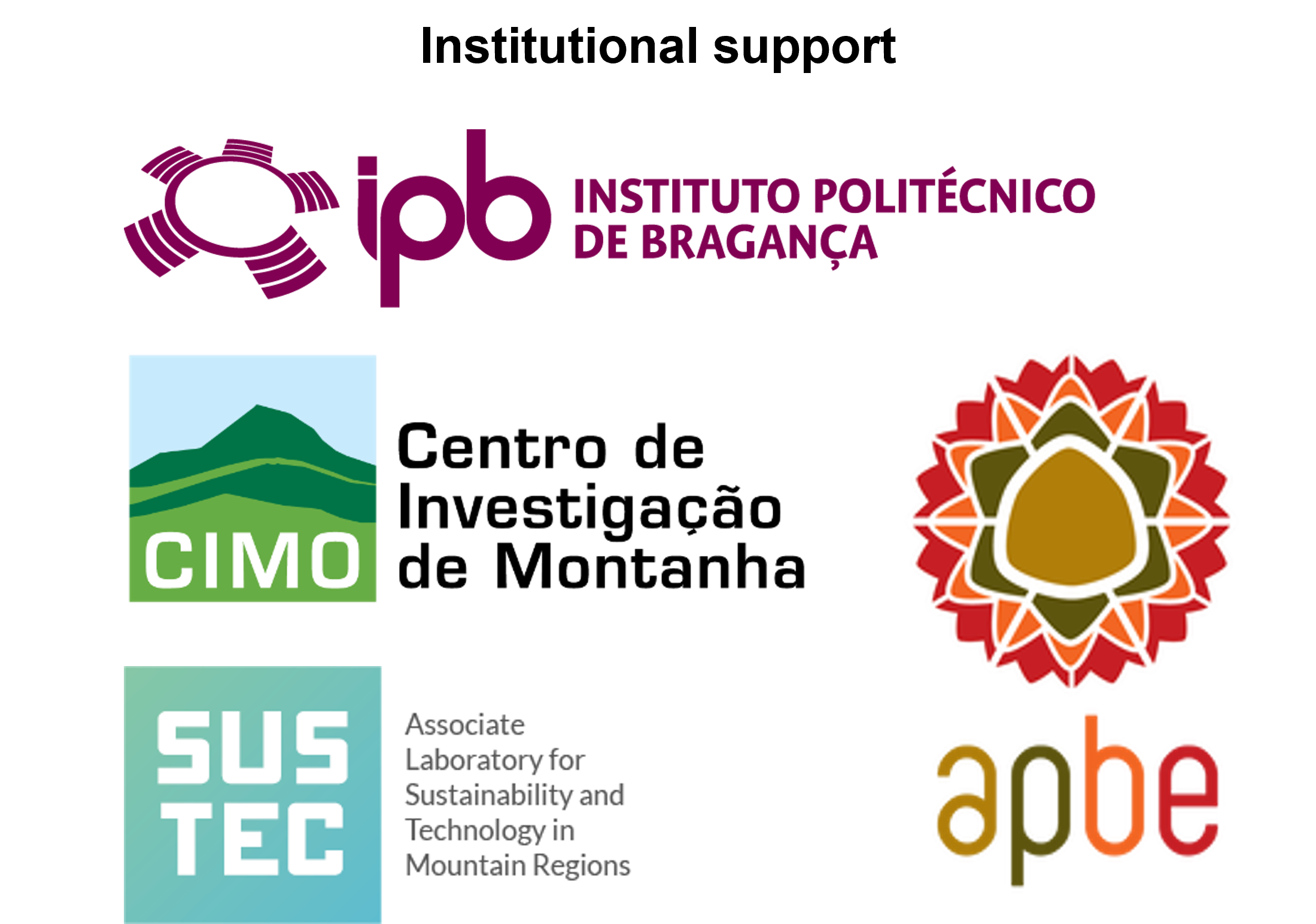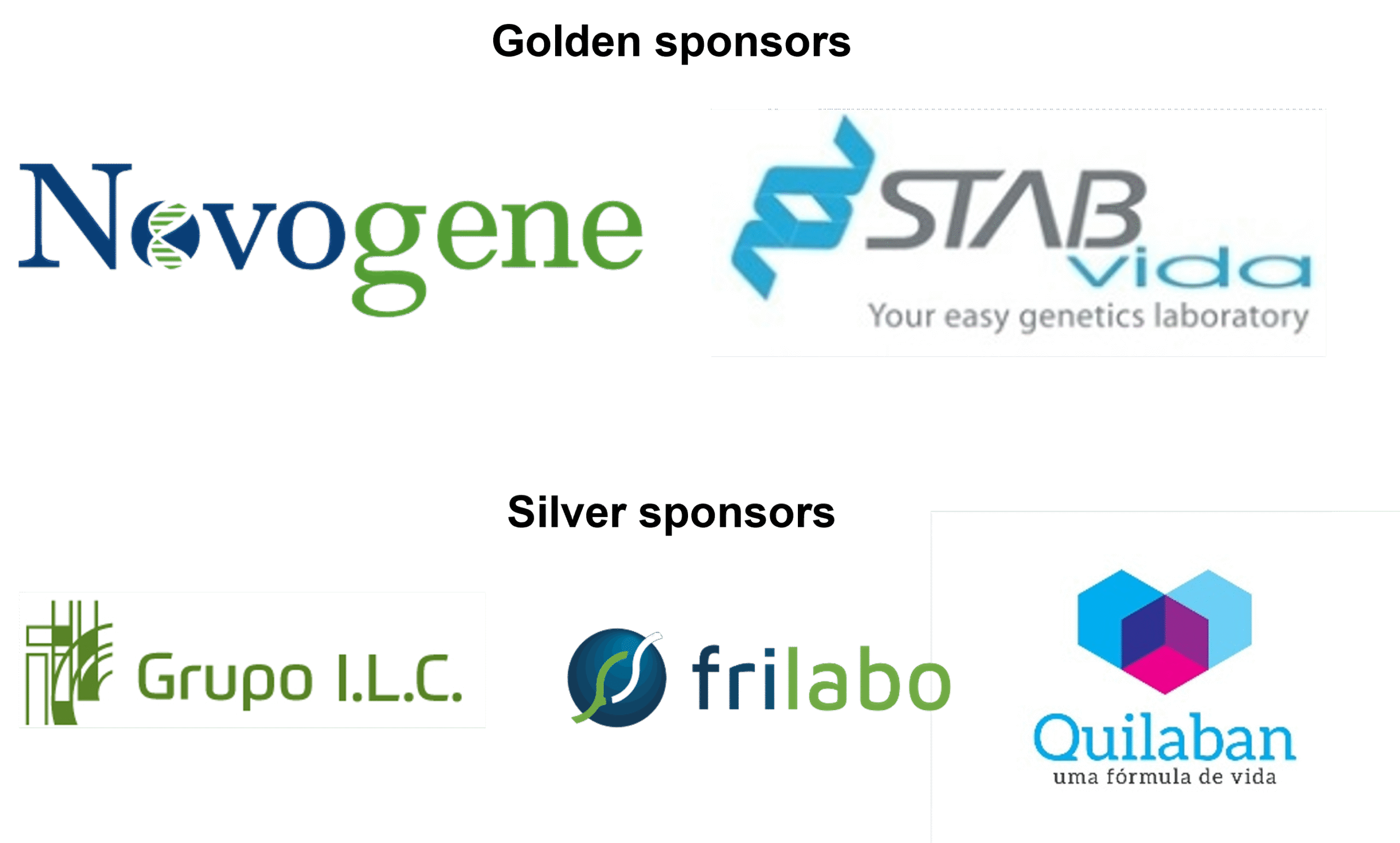Margarida Matos
Centre for Ecology, Evolution and Environmental Changes, University of Lisbon, Lisbon, Portugal
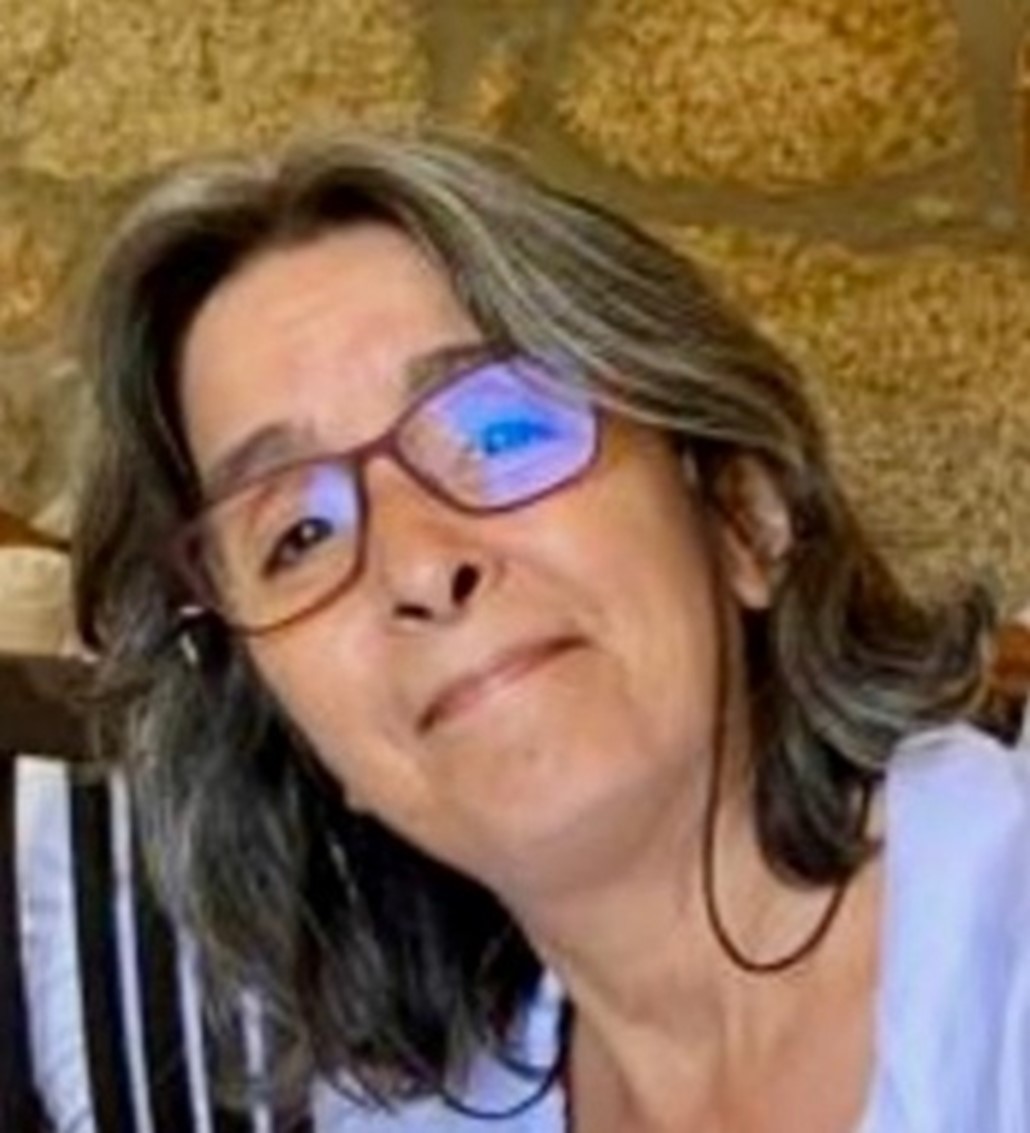
Title: The role of history, chance, and selection during adaptation – from nature to the lab
Margarida Matos is a Full Professor at the Department of Biology of the Faculty of Sciences of the University of Lisbon (Ciências). With a PhD in Genetics in 1997, she is a Researcher at the Centre for Ecology, Evolution and Environmental Changes (CE3C), leading the Local Adaptation in Drosophila Research Group. Between 2009 and 2025, she was a member of the Executive Committee of CE3C. She is the Coordinator of the PhD programme Biodiversity, Genetics and Evolution (BIODIV/Ciências). At Ciências, she has taught many disciplines in Bachelor and Master Courses, namely in Evolutionary Ecology, Evolutionary Biology, and Experimental Evolution. She supervised (or co-supervises) 9 PhD theses (one ongoing) and 4 Post-Docs. Her research field is Evolutionary Ecology, using mainly Experimental Evolution as a tool.
The main line of her research for several decades now has been the study of the evolutionary patterns and processes during adaptation to novel environments, with a focus on the transition between Nature and the Laboratory. This has been done by analysing the real-time evolution of repeated colonisations of Drosophila subobscura populations to a laboratory environment, at several biological levels, as a way to understand the role of History and Selection during Adaptation. Her research has highlighted that populations have abundant standing genetic variation to adapt, with selection quickly erasing the signs of history in fitness-related traits, while genetic differentiation between populations is maintained at the inversion frequency and genome-wide level. Her most recent project (ADAPTCLIMWARM PI Pedro Simões, former PhD student), analyses how historically differentiated populations adapt to climate changes at the phenotypic, genomic and transcriptomic levels. Findings until now illustrate the relevance of different genetic backgrounds on the rate of evolution and specific genetic paths, as well as the contrasting conclusions across biological levels.
She has authored more than 70 scientific publications, including 2 books and more than 50 articles in journals of recognised merit in Evolutionary Biology.
As she approaches retirement, what makes her most proud is seeing how her former students have flourished in their own careers, whether following in her footsteps in Evolutionary Biology or pursuing other paths.
See more at https://www.ce3c.pt/research/research-groups/evolutionary-perspectives-in-a-changing-world/local-adaptation-in-drosophila and https://orcid.org/0000-0001-6998-5133
Ricardo Pereira
Stuttgart State Museum of Natural History, Baden-Württemberg, Germany
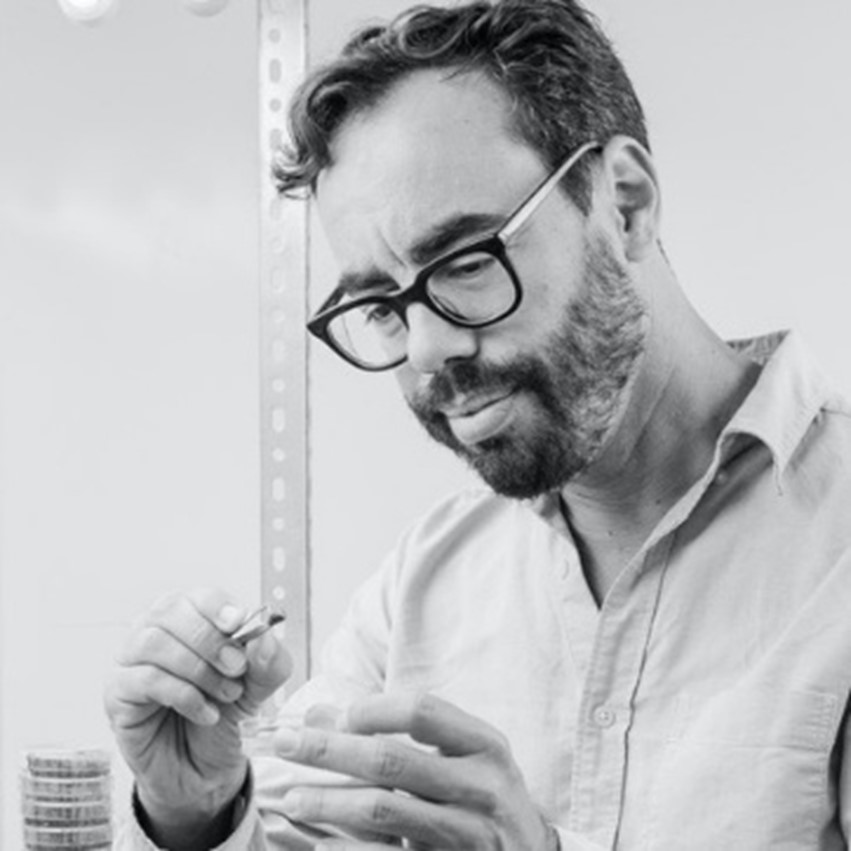
Title: Museum collections as windows into species formation and introgression in a moving hybrid zone of birds
How are species formed, and how do they persist in a changing environment? These questions first sparked my curiosity in childhood—from watching my grandfather breed canaries with a mix of fascination and horror to reading about human evolution. They crystallized during my academic career, where I studied a variety of biological systems (lizards, salamanders, copepods, grasshoppers) in which hybridization reveals the genes underlying species formation or provides pathways for rapid adaptation.
After earning my PhD on salamander hybrid zones at UC Berkeley and the University of Porto, I investigated hybrid fitness using experimental copepod populations at the Scripps Institution of Oceanography. My Marie-Curie research at the National History Museum in Denmark and later group leader roles at LMU Munich allowed me to combine lab and field studies on grasshopper hybrids to identify genes involved in reproductive isolation and explore how incompatibilities are resolved in hybrids.
Now, as head of Biodiversity Monitoring at the State Museum of Natural History Stuttgart, I use museum time series and monitoring collections to understand the drivers of intraspecific variation and identify genes enabling species to adapt to changing environments. As a longtime beneficiary of ENBE, I’m excited to share ongoing research on a bird hybrid zone that sheds light on the genetic basis of species formation and persistence in a warming world.
Matthew Webster
Uppsala University, Uppsala, Sweden
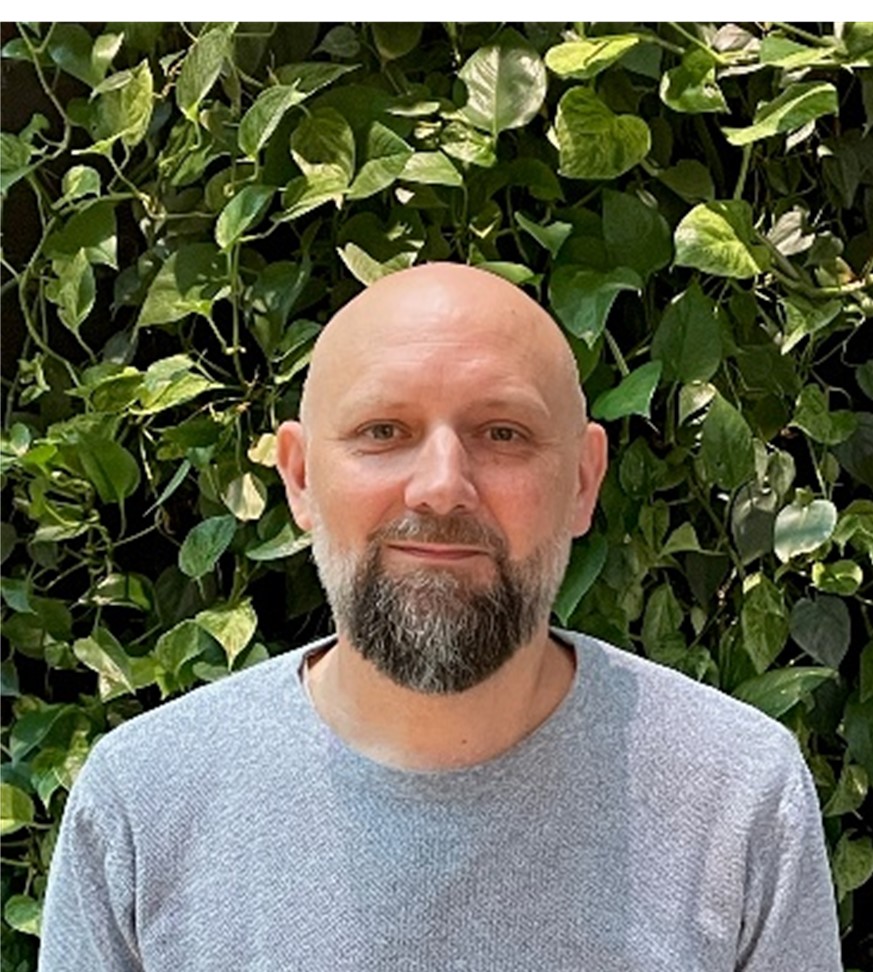
Title: The evolution of sex and recombination – lessons from the bee hive
Matthew Webster gained his D.Phil. from the University of Oxford in 2001 and then moved to Uppsala University, Sweden, where he is now professor of genomics, specialising in evolutionary genomics and population genetics. He is interested in topics including the genetic basis of local adaptation, the evolution of recombination rate, the speciation process and conservation genomics, working mainly with bees and other social insects. See more at https://www.uu.se/en/contact-and-organisation/staff?query=N1-581
Participation Funded by Sponsors and Institutional Support
